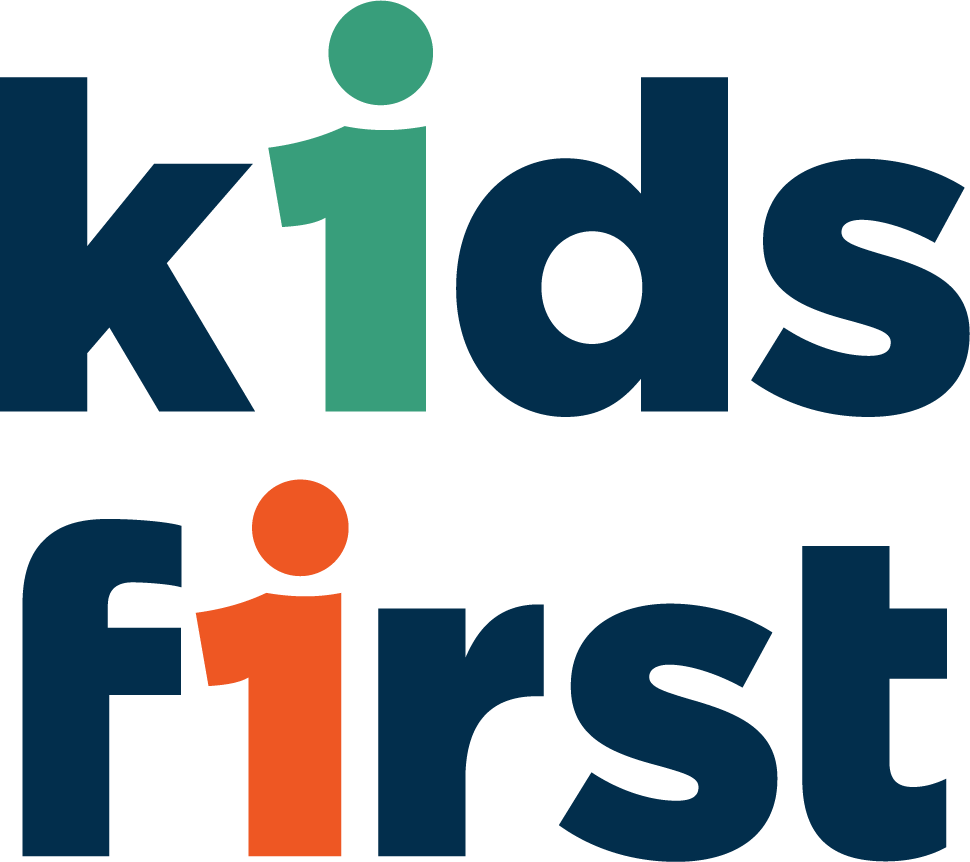Is Adoptive Parenting for Me? Exploring the Journey to Parenthood Through Adoption
How to Become an Adoptive Parent
Becoming a parent is a monumental decision that often comes with profound soul-searching, especially for those considering adoption. The path to parenthood through adoption is a unique and deeply rewarding journey, but it also comes with its set of challenges and uncertainties. In this blog post, we will explore the question: Is being an adoptive parent right for me? We will explore the considerations, doubts, and joys that come with this transformative path, helping you navigate the complexities of adoptive parenting and make an informed decision.
1. Self-Reflection and Understanding Your Motivation When Considering Adoptive Parenting
The decision to adopt requires deep introspection. Prospective parents often grapple with questions about their motivations, fears, and expectations.
Engaging in self-reflection to understand your motivations and desires to become an adoptive parent is the first step. Ask yourself why you want to adopt and what you hope to achieve as a parent. Are you driven by a genuine desire to provide a loving, stable home to a child in need? Is your heart open to embracing a child regardless of their biological background? Seek counseling or talk to adoption professionals who can help you navigate these complex emotions. Understanding your motivations will provide clarity and confidence in your decision.
2. Uncertainty About the Adoption Process
The adoption process can seem overwhelming, involving legal complexities, paperwork, and emotional highs and lows.
Educate yourself about the adoption process. Attend adoption seminars, workshops, and support group meetings. Connect with adoption agencies and professionals who can guide you through each step. Knowledge diminishes uncertainty, empowering you to face the process with confidence. Do you have a supportive network of friends, family, and professionals who understand and respect your decision to adopt? A supportive network of experienced adoptive parents and professionals can offer invaluable insights and reassurance as you embark on the adoption journey.
3. Managing Expectations and Realities of Adoptive Parenting
Unrealistic expectations will ultimately lead to disappointment and confusion. Prospective parents may have preconceived notions about the adoption experience.
Approach adoption with an open heart and an open mind. Understand that adoptive parenting is a unique journey, different from biological parenthood. Embrace the uncertainties and be flexible in your expectations. Open and honest communication is important when setting expectations.
Are you ready to face challenges head-on, seeking solutions and learning from each experience? Appreciate that every adoption story is different, and yours will unfold in its own beautiful way. Once you have become an adoptive parent, you must also consider that the adoptee will have expectations. Realistic expectations pave the way for a more fulfilling and less stressful adoption experience.
4. Fear of Bonding and Attachment
Prospective adoptive parents may worry about bonding with their adopted child, especially if the child is older or has experienced trauma.
Recognize that building a strong parent-child bond takes time and patience, regardless of biological connection. Be consistent, patient, and understanding, and have a willingness to adapt. Consider attachment therapy techniques that can facilitate bonding and trust between you and your child. Love, consistency, and stability are the foundations of a strong parent-child relationship, regardless of how your family is formed.
5. Coping with Waiting and Rejection
The adoption process can involve waiting periods and potential disappointments if adoption opportunities do not materialize.
Develop resilience to cope with the emotional ups and downs of the adoption journey. Focus on building a strong emotional support system, including friends, family, and support groups. Lean on your partner, as shared experiences can strengthen your relationship. Practice self-care and find healthy ways to manage stress. A resilient mindset and emotional support are key in navigating the uncertainties of adoption.
6. Post-Adoption Adjustments
Adjusting to parenthood, especially in the context of adoption, can be challenging. Adopted children may need special attention and care.
Enroll in parenting classes specifically designed for adoptive parents. These classes can provide insights into parenting adopted children, understanding their unique needs, and addressing potential challenges. Continuously educate yourself about adoption-related topics, trauma-informed parenting, and attachment techniques. The more you learn, the better equipped you’ll be to handle post-adoption adjustments effectively.
The decision to embark on the journey of adoptive parenting is a deeply personal and transformative choice. By addressing concerns through self-reflection, education, realistic expectations, patience, resilience, and continuous learning, prospective adoptive parents can navigate the complexities of adoption with grace and confidence. Remember, adoption is not just about providing a child with a home; it’s about building a loving, nurturing, and enduring family. Embrace the journey with an open heart, and you may find that adoption parenting is not just a choice—it’s a profound and enriching life experience.
Contact Us Today:
Adopt a Child in Dallas, Texas

